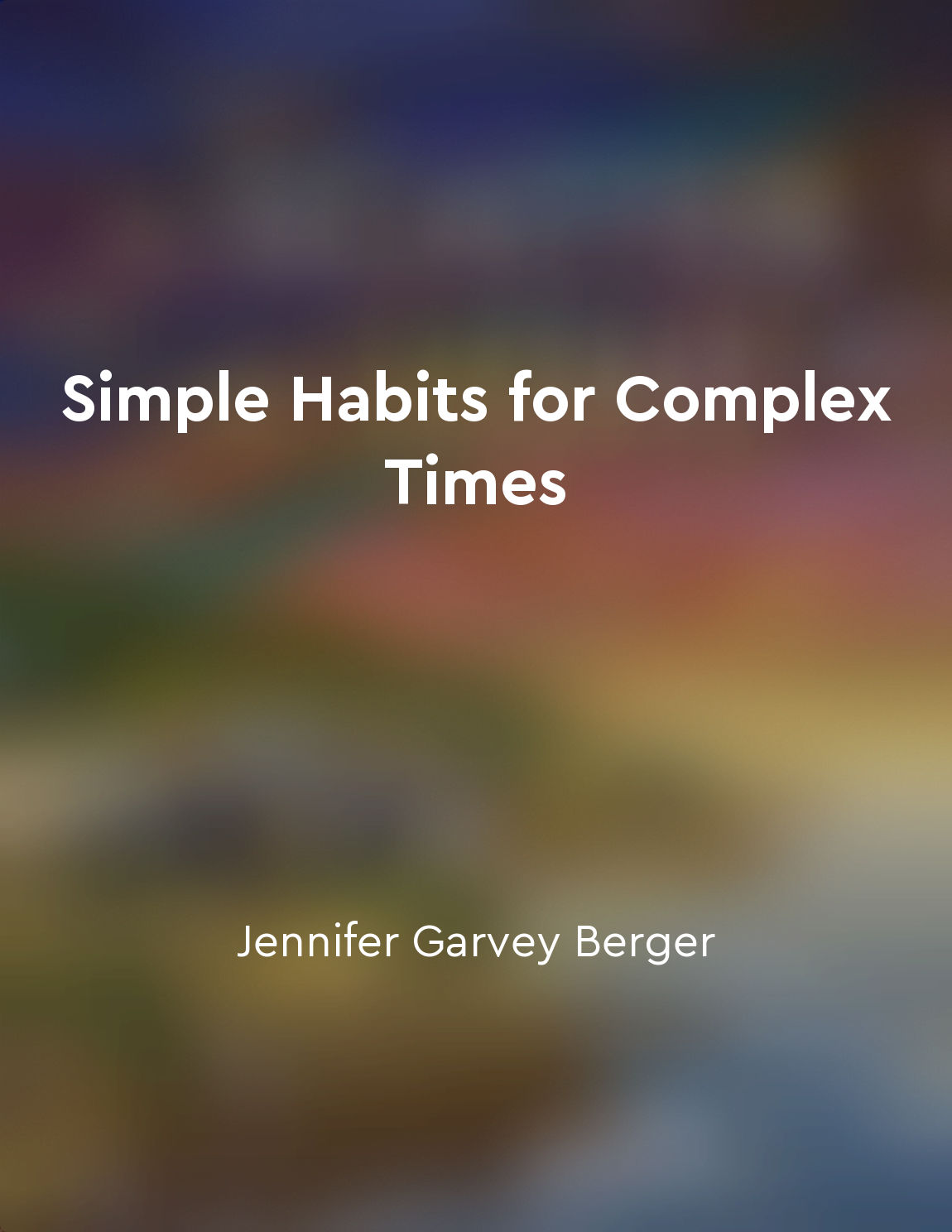Audio available in app
Selfawareness is key to emotional intelligence from "summary" of Boost Emotional Intelligence in Students by Maurice J. Elias,Steven E. Tobias
Self-awareness is a fundamental aspect of emotional intelligence. It is the ability to recognize and understand one's own emotions, thoughts, and behaviors. This self-awareness allows individuals to accurately assess their strengths and weaknesses, as well as how their emotions impact their actions. Without self-awareness, individuals may struggle to control their emotions and may react impulsively in stressful situations. When students are self-aware, they are better equipped to manage their emotions effectively. By understanding their own emotional triggers, students can learn to regulate their responses and make more informed decisions. This self-regulation is a key component of emotional intelligence, as it enables individuals to navigate challenging situations with composure and resilience. In addition to self-regulation, self-awareness also plays a crucial role in fostering empathy. When students are in tune with their own emotions, they are more likely to empathize with others and understand their perspectives. This empathy allows students to build stronger relationships, resolve conflicts peacefully, and collaborate effectively with their peers. One way to cultivate self-awareness in students is through mindfulness practices. Mindfulness involves paying attention to the present moment without judgment, allowing students to develop a greater awareness of their thoughts and emotions. By practicing mindfulness regularly, students can enhance their self-awareness and improve their emotional intelligence.- Self-awareness is the foundation upon which emotional intelligence is built. By helping students develop a deeper understanding of their own emotions, thoughts, and behaviors, educators can empower them to navigate the complexities of social and emotional interactions with confidence and maturity.
Similar Posts

Establishing a solid support network aids in recovery
When you find yourself trapped in the cycle of addiction, it can feel like you're all alone, fighting a losing battle with no o...
Reflection helps make sense of one's life story and experiences
When we take the time to reflect on our life story and experiences, we are engaging in a process that can help us make sense of...
Gratitude strengthens selfdiscipline
Gratitude is like a secret weapon when it comes to boosting self-discipline. When you take the time to appreciate what you alre...
A focus on economic growth alone is insufficient
The relentless pursuit of economic growth has long been the primary objective of policymakers around the world. Governments, bu...

Emphasize the power of positive thinking
Focusing on the power of positive thinking means that we choose to look on the bright side of things, even when it’s hard. It’s...

Cultivate curiosity
To navigate the complexities of our world, it is essential to develop a sense of curiosity that drives us to explore, learn, an...

Foster a mindset of abundance and possibility
The world is filled with opportunities and possibilities waiting to be discovered. When we foster a mindset of abundance and po...
It involves being fully present
Being fully present means giving your complete attention to the present moment without judgment. It involves being aware of you...
Living in the present moment is key to happiness
The key to happiness lies in living in the present moment. When we are fully engaged in the here and now, we are able to fully ...
Developing a balance between results, relationships, and systemic impact is key
In today's fast-paced and complex world, it is crucial for leaders to understand the importance of balancing results, relations...

